In the words of Northern District of California Court Judge Claudia Wilken, it’s “back to the drawing board” on the potentially landmark House v. NCAA settlement proposal.
Wilken did not grant preliminary approval for the settlement during a virtual hearing on Thursday. Attorneys involved in the case agreed to set a three-week deadline to edit the proposal and resubmit it to the court.
Wilken raised concerns about major aspects of the proposal. She took issue with restrictions on NIL payments, asked tough questions about a revenue-sharing cap, and asked to add language to ensure that the settlement still allows for other antitrust lawsuits against the NCAA. Wilken offered to submit preliminary approval for one of the three cases negotiated in the settlement proposal, called Hubbard v. NCAA, while the parties renegotiate some of the House v. NCAA aspect of the deal. The NCAA’s attorney, Rakesh Kilaru, said the governing body would not agree to that.
There was even talk of preparing for a trial date if the parties couldn’t agree to certain changes to the settlement.
Wilken’s comments, in several cases, reflected points raised by objecting lawyers including Steven Molo, who represented a group of female athletes arguing that women’s sports athletes should get more in the settlement, and Garrett Broshuis, representing athletes in the ongoing Fontenot v. NCAA case. She raised other issues in line with the opinion of the National College Players Association, which said it intends to put together a group of athlete objectors.
The case, first filed in 2020, argues athletes should receive back-pay for several years before the NCAA changed its NIL (name, image, and likeness) rules, as well as expand the definition of NIL to include things like broadcast revenue. Defendants include the NCAA and Power 5 conferences.
The 300-page settlement proposal consolidates two other antitrust cases related to athlete compensation restrictions, Hubbard v. NCAA and Carter v. NCAA. The crux of the settlement says the NCAA and power conferences would pay $2.8 billion in back-damages to athletes who couldn’t benefit from NIL before 2021 (mostly football and men’s basketball players, but most of Division I if not all would be eligible for something). Schools would also be allowed to share up to a certain percentage of revenue with athletes, starting at around $22 million per year. Beyond these big-ticket items, the settlement sets up restrictions including a cap on revenue sharing, an approval process for any NIL deals over $600, and an obligation for plaintiff lawyers and class members to lobby in Congress to codify the settlement into law.
Wilken said she was “quite concerned” about the NIL rules, which allow NIL deals over $600 to be blocked if they’re seen by a third party as above fair market value. “I’ve found that taking things away from people is usually not very popular,” says Wilken. She also noted that the rules may not be enforceable legally, given that the definition of the word “booster” didn’t make much sense to her.
Plaintiff lawyers suggested they would be in favor of amending this part of the proposal—but the NCAA would not be. Kilaru called these NIL restrictions essential. “Without it, I’m not sure there will be a settlement to submit,” he said.
In response, Wilken said that the lawyers would just have to “go back to the drawing board.” She said attorneys need to come up with language surrounding NIL that is workable, enforceable, and fair.
Wilken also indicated that she has no intention of letting the NCAA off the hook for future challenges. Some of her requests seemed to be more well-received than others.
She said she was “quite concerned” about who would represent future athletes in potential lawsuits challenging the revenue-sharing cap, or other areas of the settlement.
Wilken asked for the settlement to include language that several major lawsuits would be able to go forward even if the House case is settled: Johnson v. NCAA, a case arguing D-I athletes should be considered employees, as well as Choh v. Ivy League, a case arguing the Ivy League is illegally prohibiting athletic scholarships. “Maybe I’m being overly cautious,” joked Wilken, who has heard both the landmark O’Bannon and Alston cases.
Additionally, Wilken asked for language to ensure that schools wouldn’t be protected from Title IX lawsuits in the future if they violate the gender equity statute in implementing the settlement terms, like revenue-sharing.
The NCAA, for its part, hopes to convince Congress to create a law based on the settlement—one that prevents athlete employment status once and for all. But other organizations like Huma’s are already battling in court and in Congress. A group called Athletes.org put out a statement Wednesday saying that while it supports the settlement, athletes should be able to collectively bargain with schools in the future.
The settlement proposal has a long way to go before Congress can even consider it. “Based on [Wilken’s] comments today, we have to discuss whether we have a deal,” Kilaru said.
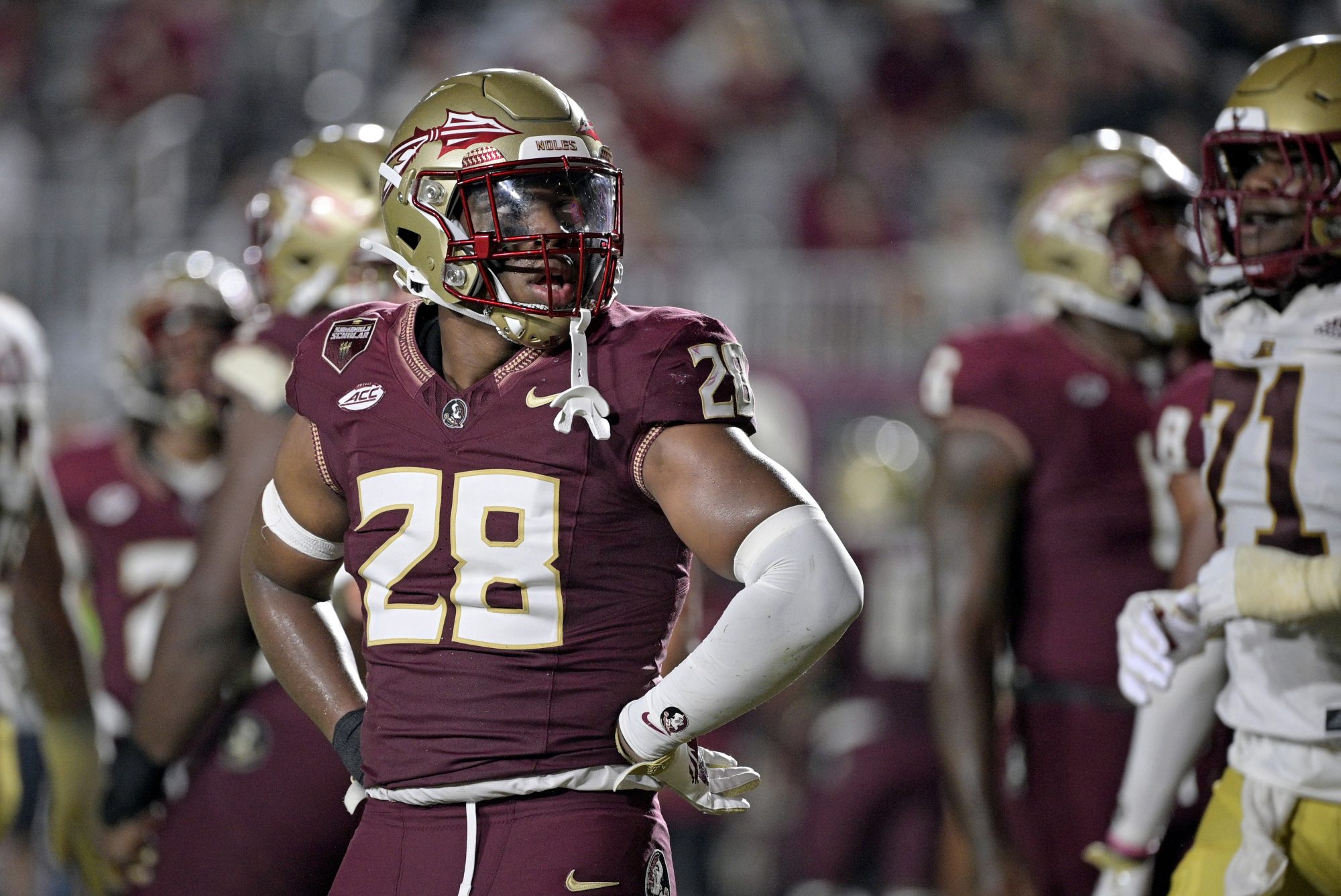
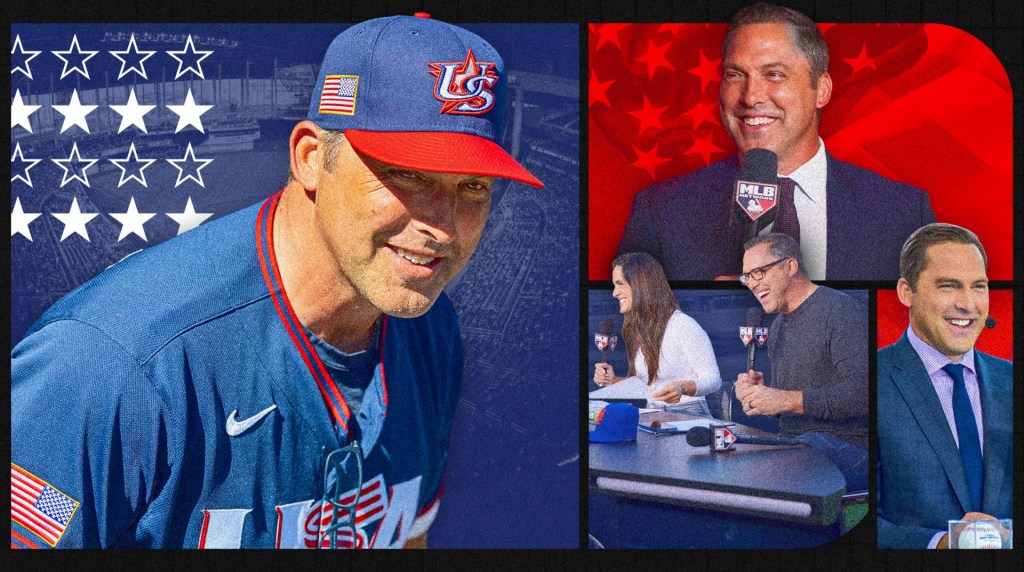
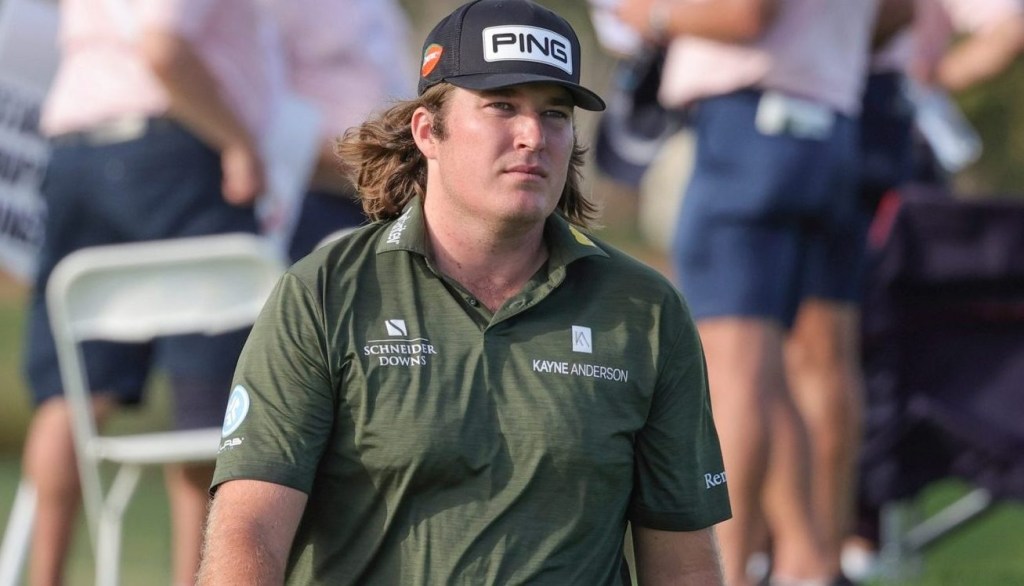
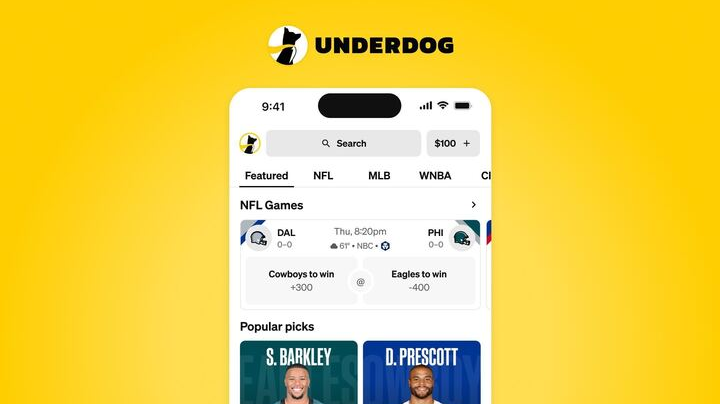
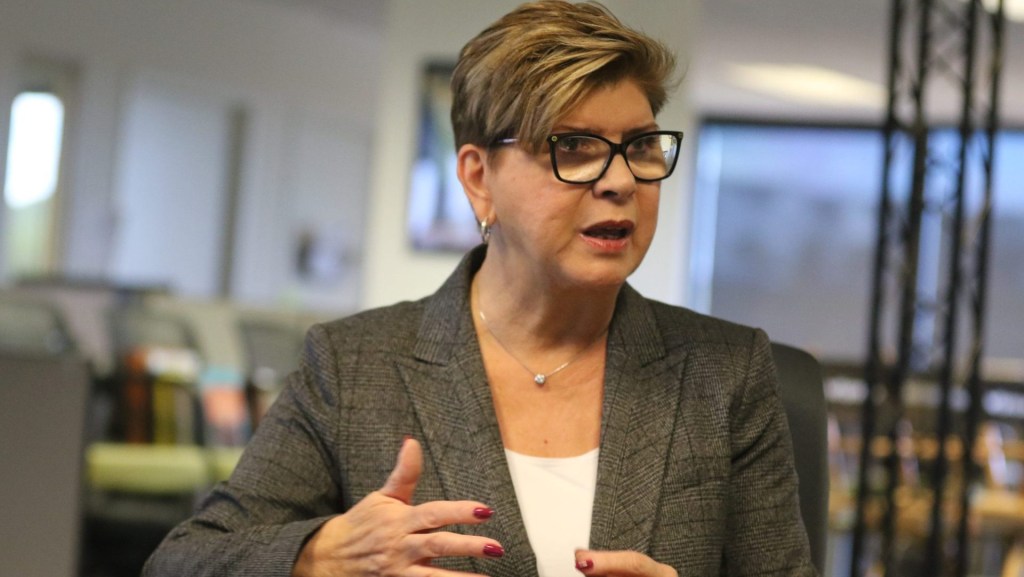


![[Subscription Customers Only] Jun 15, 2025; Seattle, Washington, USA; Botafogo owner John Textor inside the stadium before the match during a group stage match of the 2025 FIFA Club World Cup at Lumen Field.](https://frontofficesports.com/wp-content/uploads/2026/02/USATSI_26465842_168416386_lowres-scaled.jpg?quality=100&w=1024)
![[Subscription Customers Only] Jul 13, 2025; East Rutherford, New Jersey, USA; Chelsea FC midfielder Cole Palmer (10) celebrates winning the final of the 2025 FIFA Club World Cup at MetLife Stadium](https://frontofficesports.com/wp-content/uploads/2026/02/USATSI_26636703-scaled-e1770932227605.jpg?quality=100&w=1024)








